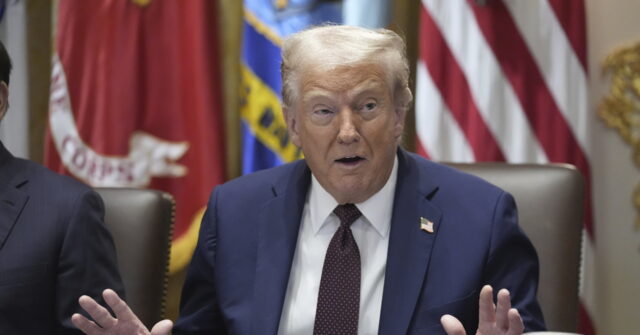Federal Appeals Court Rules Against Trump's Tariffs

A recent ruling by a federal appeals court concluded that President Donald Trump overstepped his authority by imposing extensive tariffs on numerous countries under the guise of a national emergency. This decision aligns with a previous ruling from a specialized court in New York and indicates that Congress did not intend to grant the president unlimited power regarding tariffs. Although the court found Trump's actions unlawful, it has not yet annulled the tariffs, allowing the administration time to appeal the ruling. The tariffs, which have generated significant revenue but also caused tension with international allies and concerns over economic repercussions, might be challenged further, but Trump’s administration claims they acted within legal bounds.
- The court ruled that Trump lacked legal authority to impose broad tariffs.
- The tariffs remain in place pending an appeal to the Supreme Court.
- The ruling may affect Trump's trade strategy and international negotiations.
What was the main finding of the federal appeals court regarding Trump's tariffs?
The court found that Trump did not have the legal right to impose extensive tariffs under a national emergency declaration.
Why are the tariffs still in place despite the court ruling?
The court has allowed the tariffs to remain while the Trump administration appeals the decision to the Supreme Court.
How might this ruling impact Trump's trade policies?
The ruling complicates Trump's ability to unilaterally alter trade policy and could embolden foreign governments to resist U.S. demands in future negotiations.